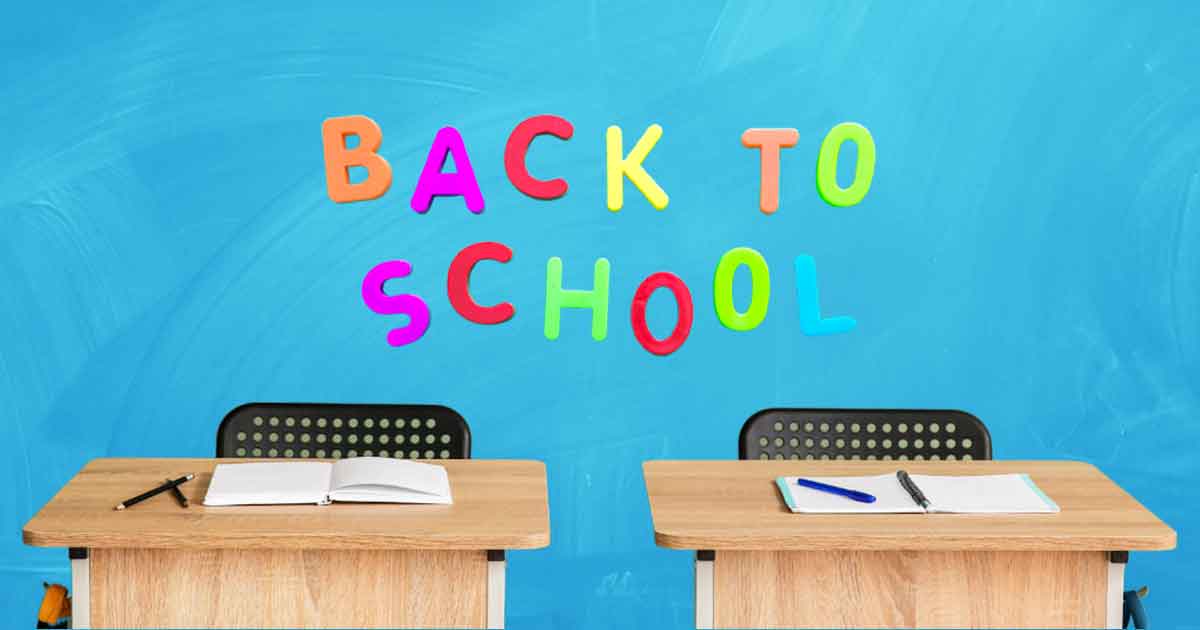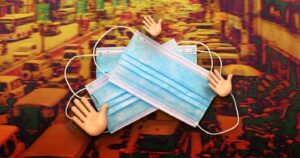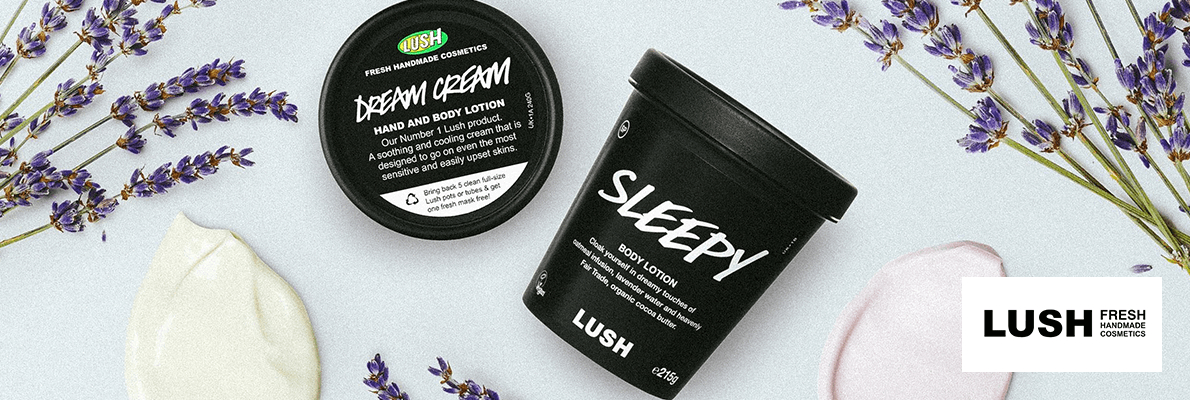Since the onset of the pandemic, schools across the archipelago have transitioned into blended learning. A year and a half later, Filipino students remain to study either online or through other methods of the new education system.
While this decision was made for the safety of students and school staff, it looks like the Philippines and Venezuela are the only 2 countries in the world that have not held partial or full in-person classes since the start of the pandemic last year.
According to Unicef Philippines, while there are risks to the resumption of in-person learning, other countries have learned to safely reopen schools so their students will not be affected by the negative consequences of prolonged school closures.
“ “There are some risks as part of the process [of reopening schools] but what the countries have been doing is to learn to live in this new COVID-19 world, and this includes giving the opportunities for children to learn and not be affected by the negative impact of keeping schools closed,” Isy Faingold, head of education work for Unicef-Philippines, said as per ABS-CBN News Online.
So how can the country transition back into the traditional educational setup? Well, Faingold shared that some countries implemented a “phased” reopening of schools, starting with low-risk areas (such as neighbors Vietnam and Indonesia) or resuming in-person learning for those in the early grades or senior high school.
Countries such as Singapore, Canada, and the United Kingdom held “classroom bubbles,” which are “groups of students that interact among themselves.” Singaporean schools gave their teachers microphones so they can still be heard by students despite wearing face masks. Other countries also reduced class sizes for face-to-face sessions and implemented staggered school days.
On the other hand, Faingold also said that the government should also prepare protocols once a student participating in face-to-face classes gets infected. “Eventually, there could be an outbreak but as part of the planning, there should be how to react to that, how to isolate [the children],” he said.
It remains to be unseen if the Philippine government will follow Unicef’s recommendations. However, given the rising number of cases in the country, holding face-to-face classes might not be the best idea right now.






















